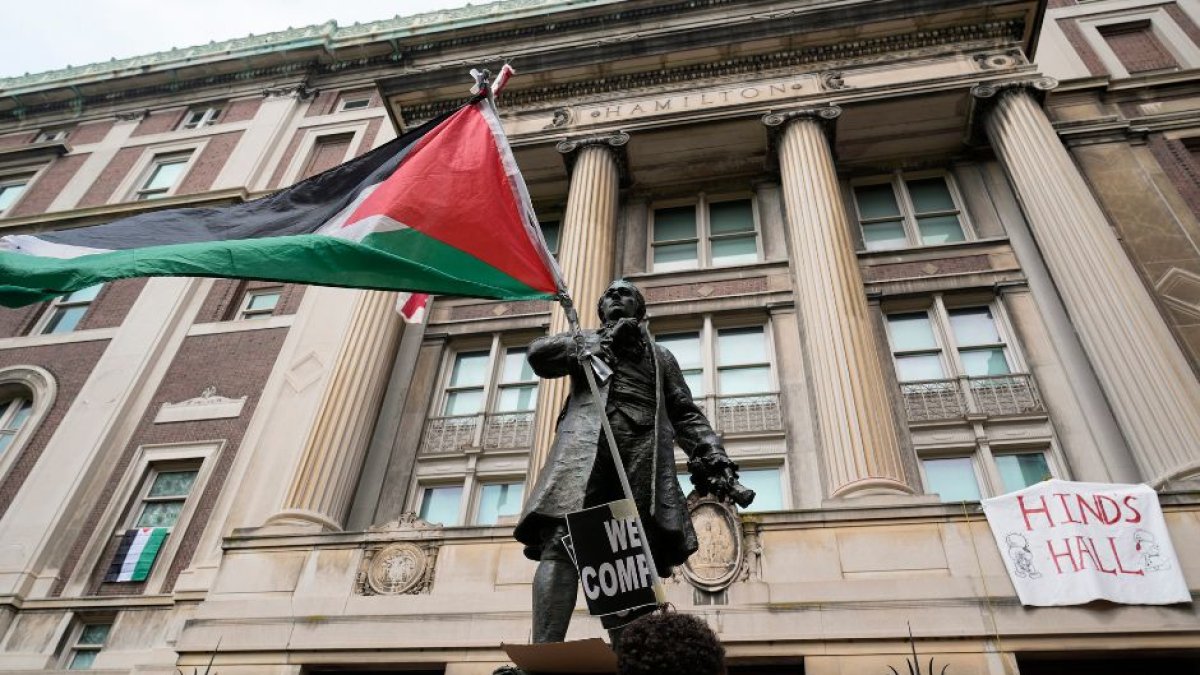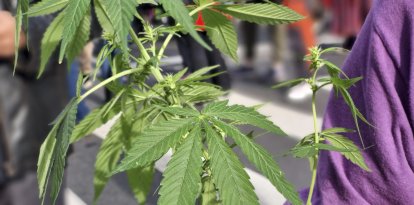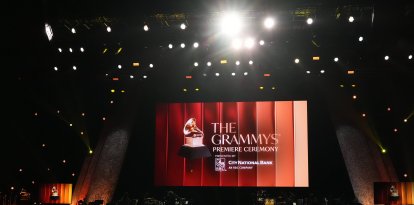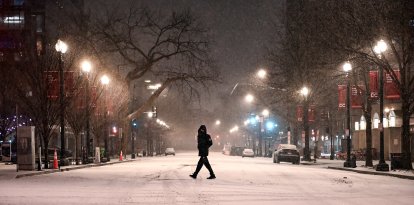Columbia University cancels graduation ceremony due to antisemitic protests
The school's management was forced to make this decision to maintain everyone's safety and keep the events respectful.

(Cordon Press(
As a result of the violent protests that occurred at Columbia University and the threats made by the demonstrators gathered there, the university decided to cancel its graduation ceremony, the most important event for each graduating class. Instead, it will hold a series of events attended by a much smaller number of people.
"Our graduating students, their families, and their loved ones are very focused on our upcoming Commencement celebrations. We are as well. We are determined to give our students the celebration they deserve, and that they want. Our Deans and other colleagues who work directly with our students have been discussing plans with student leaders, and, most importantly, listening," the university wrote in a statement explaining the reasons that pushed it to make this decision. "Based on their feedback, we have decided to make the centerpiece of our Commencement activities our Class Days and school-level ceremonies, where students are honored individually alongside their peers, rather than the University-wide ceremony that is scheduled for May 15."
Likewise, Columbia University management confirmed that it had to relocate the reduced ceremonies they will do to other facilities to "keeping them safe, respectful, and running smoothly." It added: "A great deal of effort is already underway to reach that goal, and we understand the Deans and school teams are looking forward to working with their students to incorporate the most creative and meaningful ideas to celebrate this extraordinary moment."
Columbia has been one of the universities with the most significant problems since the protests against Israel began at the most prestigious schools in the country. The violence included several protesters breaking into one of the buildings and barricading themselves inside. They also made various provocative statements, such as that if authorities agreed, there would be a bloodbath.
The violent protests caused Columbia University President Minouche Shafik to issue statements assuring that the protesters "crossed a new line," in addition to noting that they were "among the most difficult in Columbia's history."

























